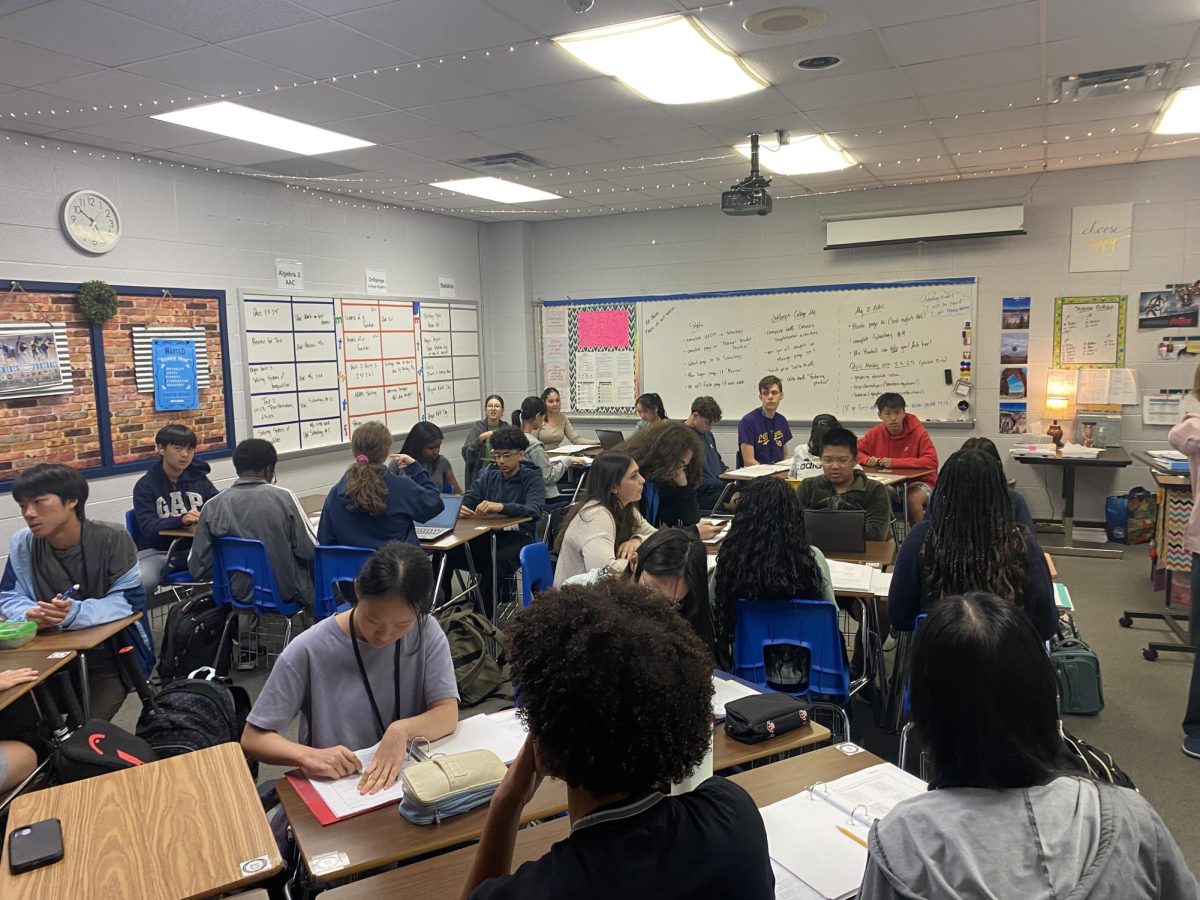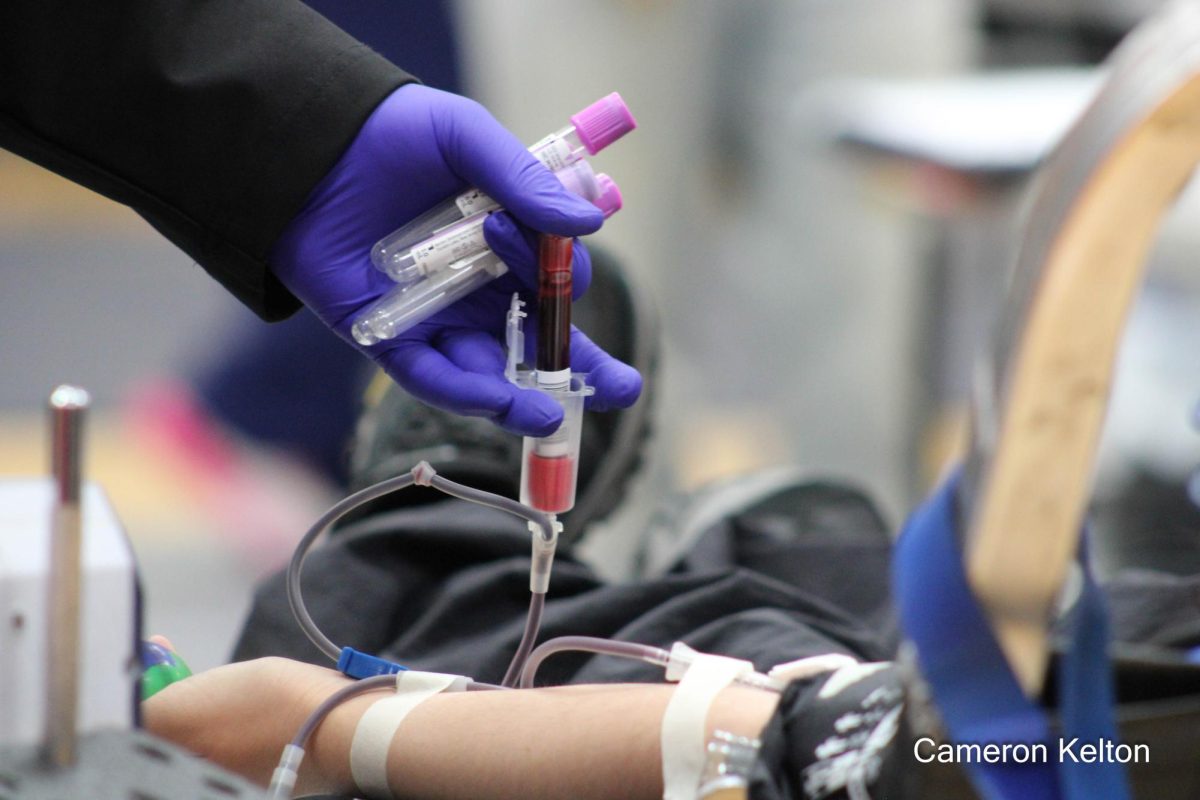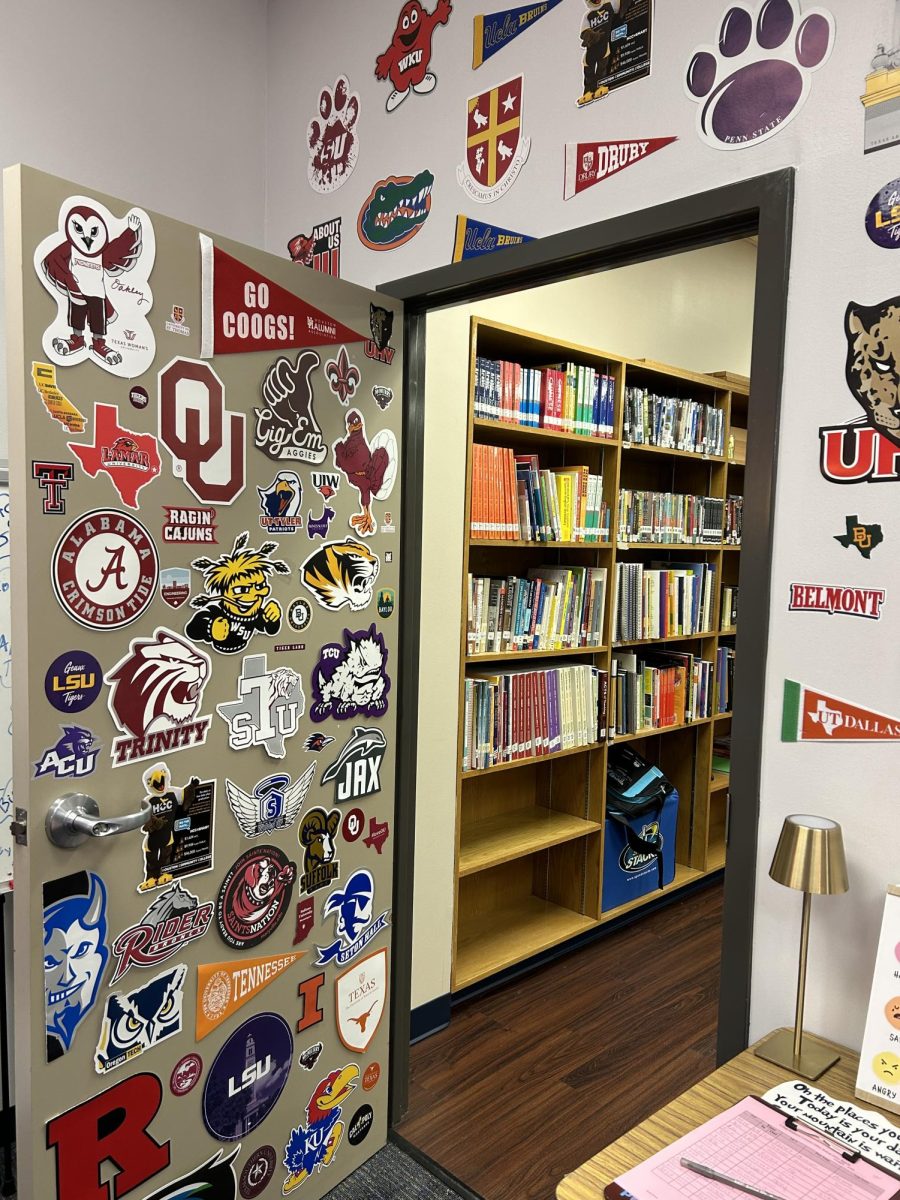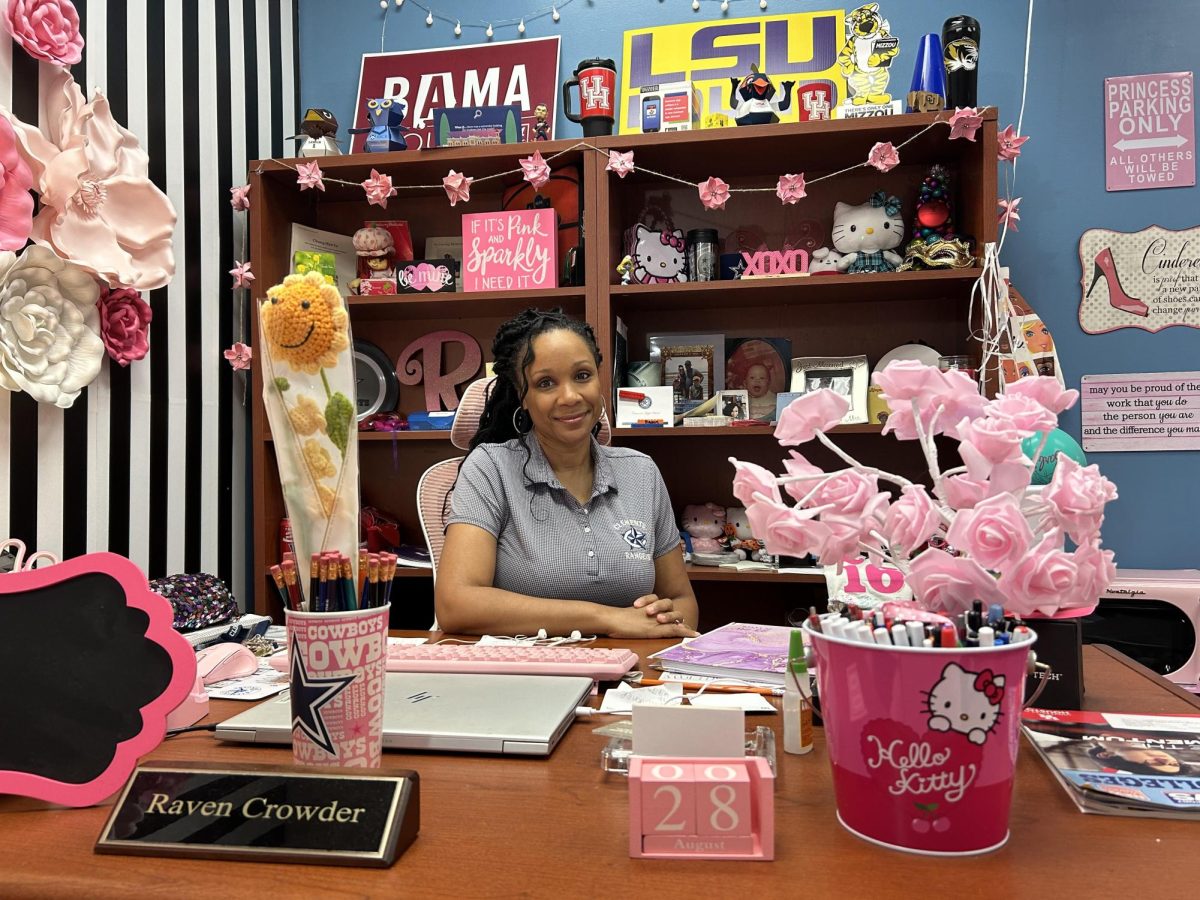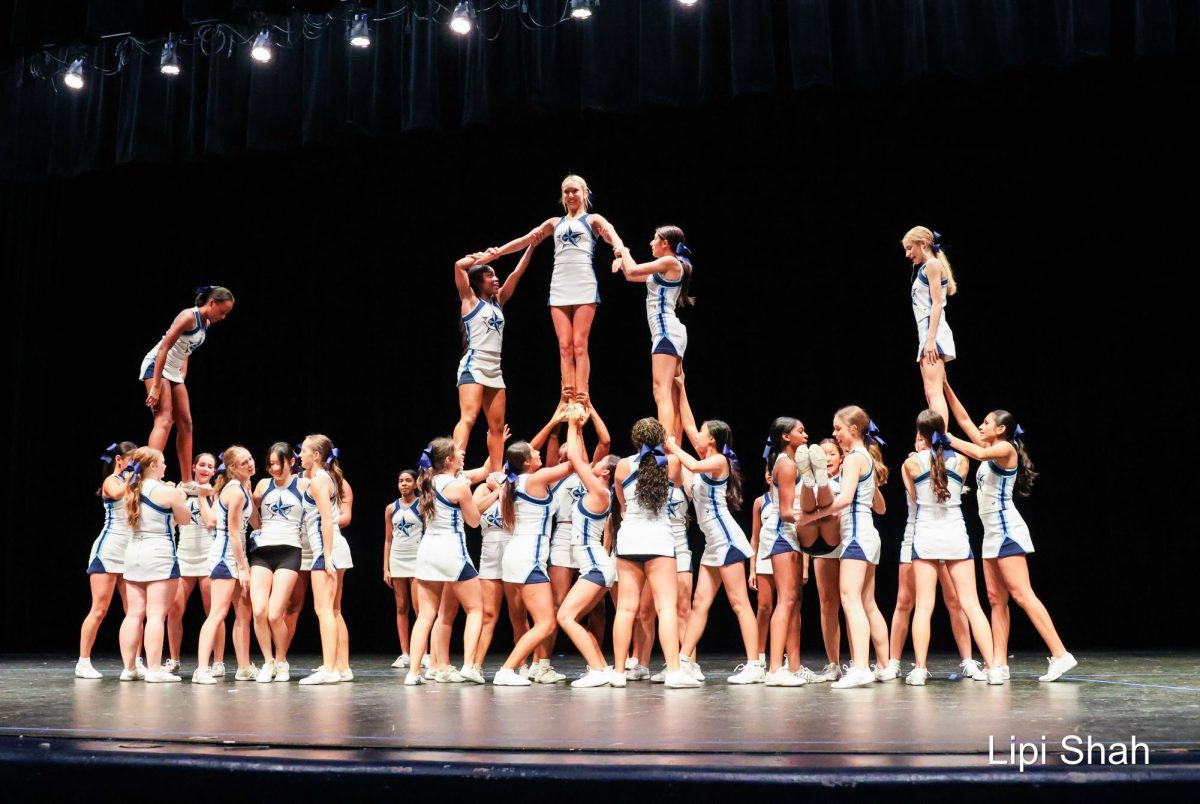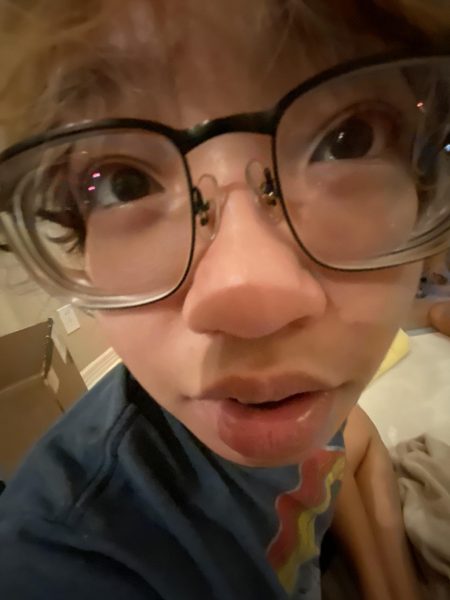Starting the 24-25 school year, some new courses– like OnRamps chemistry and algebra, which are college-level classes– are now being offered.
“It’s definitely a step up from the on-level class,” Algebra 2 teacher, Michelle Nelson-Archer says. “Some of the aspects of what we do in OnRamps aren’t even done in the AAC class and some aspects of the AAC class aren’t done in OnRamps.”
A junior in both US History teacher Meredith Meece’s and Nelson-Archer’s class, Lwege Pereira has had to adjust to the flipped classroom, which is something new that students are tackling.
“I believe having a planner and having a list of things that I need to complete that same day is going to help me be successful,” Lwege Pereira said. “But at the same time, getting sleep. Getting sleep is also really important, because at this moment our brains are still developing, and we still need to get that eight hours of sleep.”
Meece mentions that the students are given personal responsibility, unlike other advanced courses.
“But the one thing that I didn’t really get a lot of exposure to was how important it is in college to be self-starting, to be able to like, know when your readings are happening, being able to like, really do it all yourself.” US History teacher, Meece said.
Nelson-Archer that the tests are written by the University of Texas at Austin and that there’s a separate Clements grade.
“Well, the obvious answer is that you can get college credit for what, at UT, is called Math 301, which is college algebra. So you can get college credit for that and you can’t do that in an AAC class,” Nelson-Archer said. “So there’s totally different systems of grading and things that go into that. So that whole process of grading is completely different.”
Of course, there are ups and downs to OnRamps classes, but Meece highlights her experience, calling it “fun”.
“I think that there’s a lot of opportunity for some really interesting conversations,” Meece said. “As we move through unit zero, there’s some really cool things we can talk about, especially getting a chance to talk about things like bias in history and getting into historiography and how have we in the past told ourselves the story of history and how have we changed that story from time to time.”

